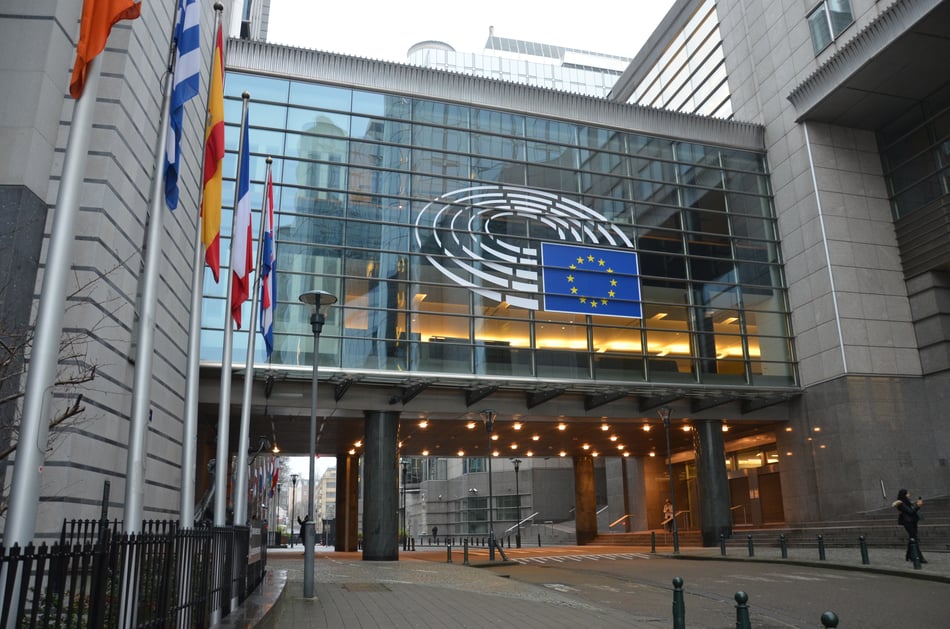

October 2025 EUDR proposal: Compliance deadlines clarified and a cancelled general delay.
On 21 October 2025, the European Commission unveiled a proposal affecting the EU Deforestation Regulation (EUDR). This proposal clarifies compliance deadlines, eases obligations for smaller businesses, and addresses challenges with EU Traces data reporting systems. All while preserving the regulation’s core objective to prevent deforestation linked to products sold in the EU.
In this article, we'll break down what the proposal includes, what this means for companies, and how this could be translated into action.
A summary of the proposal
The EUDR targets commodities such as coffee, cocoa, soy, beef, palm oil, rubber, wood, and leather, ensuring they are not sourced from deforested or degraded land. Under the proposal:
- Large and medium-sized companies must comply with the existing EUDR requirements starting 30 December 2025, but a six-month grace period until 30 June 2026 will allow for enforcement easing to manage system capacity issues.
- Micro and small companies gain an extended compliance timeline, with obligations deferred by six months to 30 December 2026, enabling them more preparation time.
- Downstream operators and traders, who process or use these commodities after initial placement, are exempt from submitting separate due diligence statements. Instead, due diligence is required only once at the point where the product enters the EU market.
- Micro and small upstream operators will only be required to submit one-time simplified due diligence declarations (rather than due diligence statements) into the IT system.
This clear proposal developed by the European Commission with Environment Commissioner Teresa Ribera, is designed to ease the regulatory burden on smaller players and reduce risks of overwhelming the EUDR IT infrastructure while maintaining requirements for larger businesses whose operations significantly influence supply chains and deforestation risk.
The proposal represents a reversal from Commissioner Jessika Roswall's leaked September letter, which proposed a one-year postponement.
What to do next
First, this is still a proposal and must be approved by both the European Parliament and the Council of the European Union before becoming law. That being said, the chance is significant that it will be approved.
Second, when you fall under EUDR-criteria for implementation of a due diligence system, this remains a crucial topic for your company.
- To align on time with the proposed EUDR changes, we propose you stay tuned for upcoming decisioning in Parliament and Council. We will make sure to keep you updated with the latest news.
- If you’re an upstream operator and have interrupted your EUDR program as a direct result of the leaked September letter, get ready to resume your EUDR preparations if the upcoming vote in the EU parliament confirms the proposal.
As a trusted software partner in supply chain transparency, sustainability impact and compliance, we remain available to help you navigate these changes in a practical way.
Definitions
Upstream operator:
An upstream operator is an entity that places EUDR regulated products or commodities on the EU market for the first time or exports them.
Downstream operator:
A downstream operator is a company that takes regulated commodities or products already subject to an earlier due diligence statement, transforms or processes them into new in-scope products, and places them on the EU market or exports them.
Large or medium sized companies:
Companies that exceed at least two of the following criteria: 50 employees, net turnover over €10 million, or a balance sheet total over €10 million.
Last updated on October 21, 2025 by ESG researcher Shubhra Dixit.
Source: https://ec.europa.eu/commission/presscorner/detail/en/ip_25_2464



